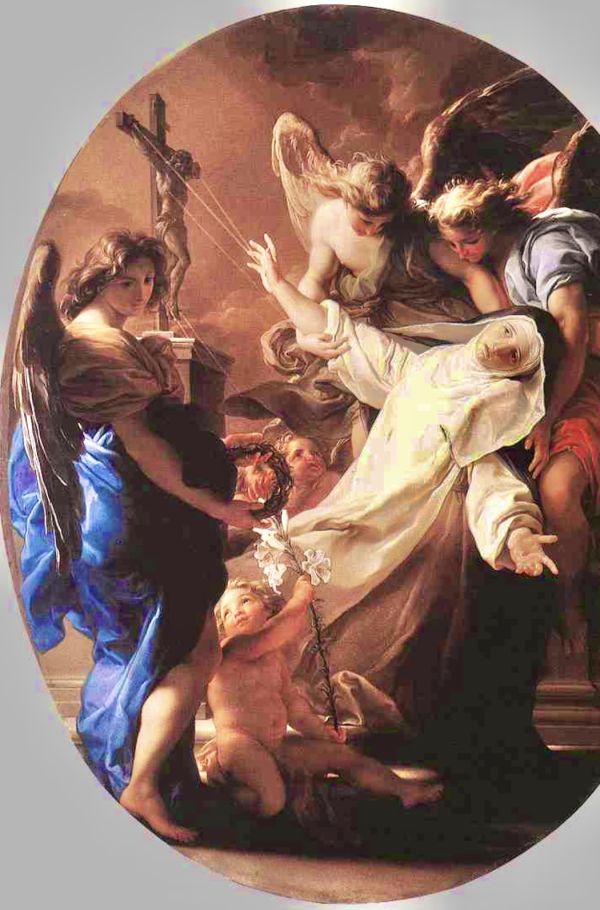Scientists and Lowlies: abstract world and incarnation
(Mt 11:25-30)
The leaders looked at religiosity with a view to interest. Professors of theology were accustomed to evaluate every comma on the basis of their own knowledge, ridiculous but supponent - unrelated to real events.
That which remains tied to customs and the usual protagonists does not make one dream, it’s not an apparition and astonishing testimony of Elsewhere; it detracts expressive richness of the announcement and life.
The Lord rejoices in his own experience, which brings a non-epidermal joy and a teaching from the Spirit - about those who are well disposed, and able to understand the depths of the Kingdom, in ordinary things.
In short, after an initial moment of enthusiastic crowds, the Christ delves deeper into the themes and finds himself all against, except God and the least ones: the weightlesses, but eager to start from scratch.
Glimpse of the Mystery that leavens history - without making it a possession.
At first even Jesus is stunned by the rejection of those who considered themselves already satisfied and no longer expected anything that could overcome habits.
Then He understands, praises and blesses the Father's plan: the authentic Person is born from the gutter, and possesses «the sense of neighborhood» (FT n.152).
The Creator is simple Relationship: He demystifies the idol of greatness.
The Eternal One is not the master of creation: He is Refreshment that reassures, because makes us feel complete and lovable. He seeks us out, He pays attention to the language of the heart.
He is Custodian of the world, even of the unlearned ones - of the «infants» (v.25) spontaneously empty of boastful spirit, that is, of those who do not remain closed in their sufficient belonging.
Thus the Father-Son bond is communicated to God’s poor: those who are endowed with the attitude of family members (v.27).
Insignificant and invisible without great external capacities, but who abandon themselves to the proposals of the provident life that comes, like babies in the arms of parents.
In this way, with a pietas’ Spirit that favours those who allow themselves to be filled with innate wisdom.
The only reality that corresponds to us and does not present the "bill": it doesn’t proceed along the paths of functional thinking, of calculating initiative.
Sapience that transmits freshness in the readiness to personally receive, welcome, re-temper the Truth as a Gift, and the spontaneous enthusiasm itself, capable of realizing it.
A simple blessing prayer, for the simple ones - this of Jesus (v.25) - which makes us grow in esteem, fits perfectly with our experience, and gets along well with ourselves.
The new ones, the nullities, the voiceless and invisible do not think in terms of doctrine and laws [vv.29-30: unbearable "yoke" that crushes people, and concrete, particular vocations] but in terms of life and humanity.
Thus they enrich the fundamental and spontaneous experience of Faith-Love, satisfying, fulfilling it without mannerisms or intimate forcing.
While the exteriority of the pyramidal world, the distrust of those who want “to count", the anxiety of a competitive society, impoverish the gaze and contaminate the vital wave.
We, too, do not appreciate too much the energy of the 'models', nor the aggressive power of the “big guys”.
Rather than only with the “big” and external, we wish to live by Communion - even with the 'small' self, or there will be no loveliness, no authentic life.
To internalize and live the message:
What do you feel when you are told: «You don't count»?
Does it remain a humiliating contempt or do you consider it a great Light received, as Jesus did
[St Catherine of Siena, April 29]












